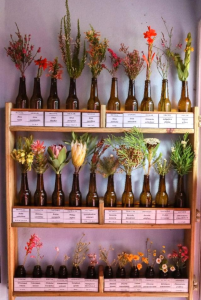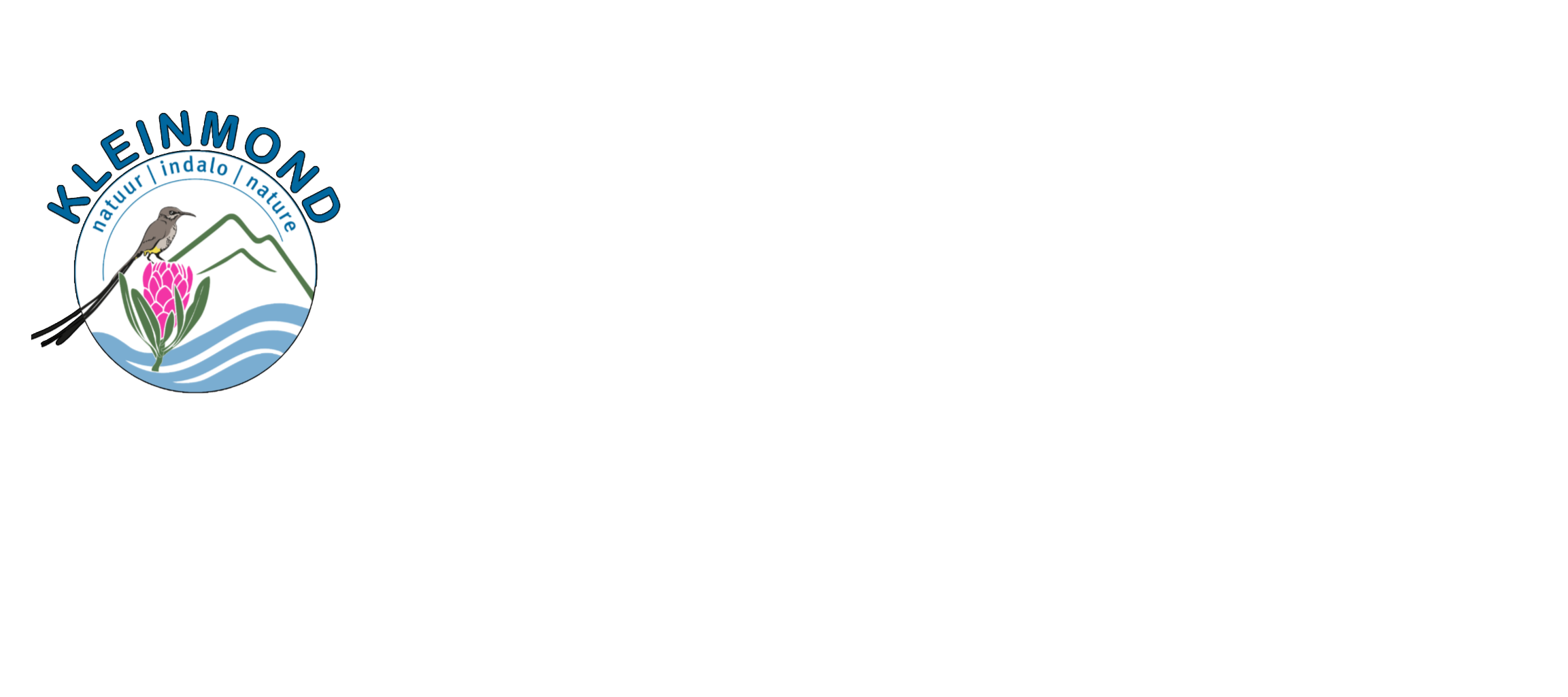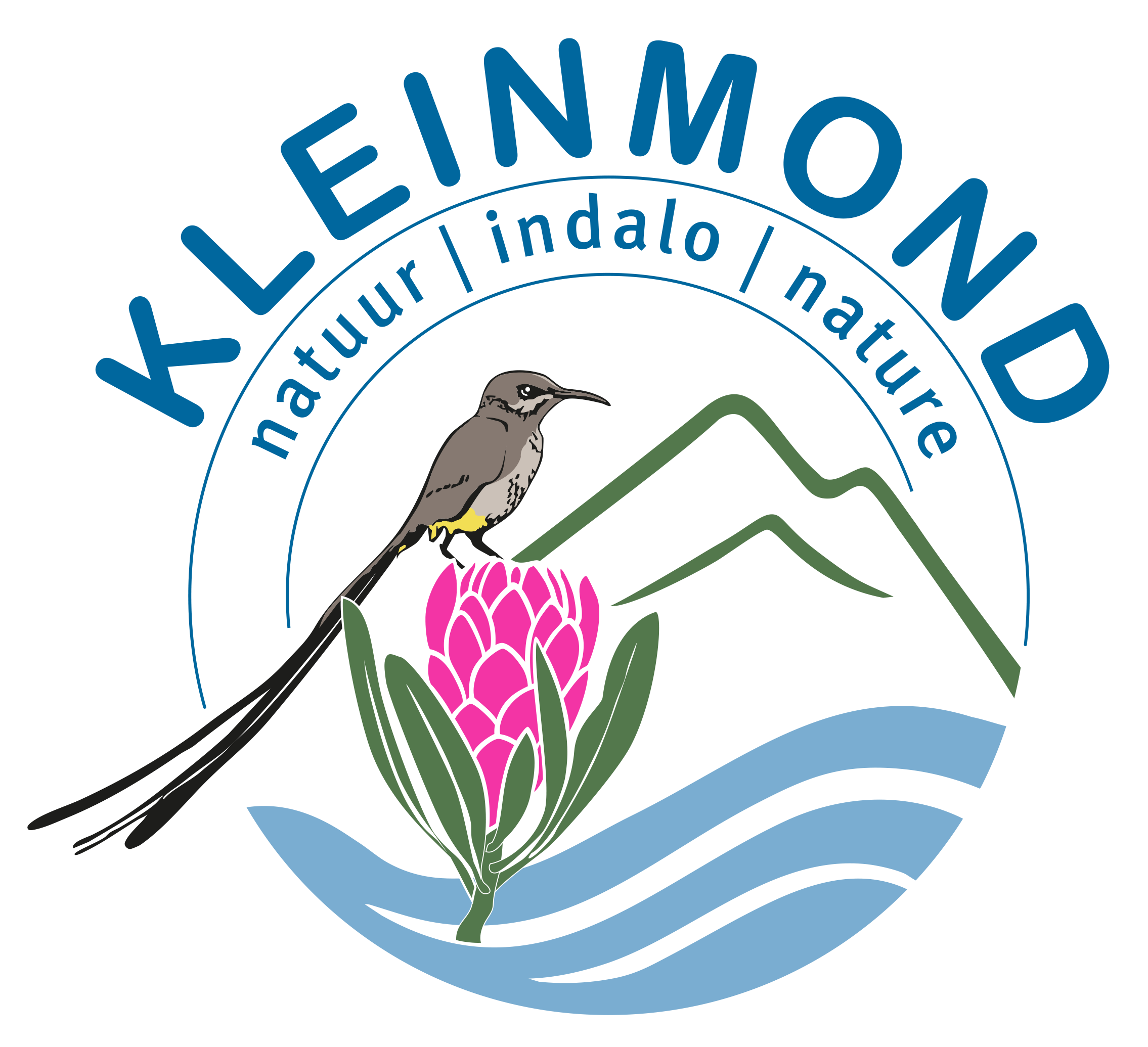Flower Exhibitions
Flower displays
Kleinmond is surrounded by the Kleinmond Reserve which contains, as far as we know, more than 1000 plant species. Many of these are endemic – they grow here and nowhere else in the world. Unfortunately, many are also listed as endangered,
Soon after the founding of KNCS a few members arranged with the library to bring some of our flowering species to the people by putting up exhibits of some of our flowers there.
In 2006 KNCS were offered space in the Tourist Centre in the harbour area. Special display shelves were installed and up to eighty species could be displayed in one week. There was also a permanent display of sedges and restios.
When the Tourist Centre was moved to the Town Hall, they did not have space for our large displays we are only able to exhibit a few species. Our main displays are back in the library and also at the Kleinmond Gholf Club, after the said club requested KNCS to do so
Five teams are responsible for these displays, and they change the flowers once a week. They all obtain the necessary permits from CapeNature and OM, and these have to be renewed every year.
Red List of South African Plants
South Africa has become the first megadiverse country to fully assess the status of its entire flora. The Red List of South African Plants Online provides up to date information on the national conservation status of South Africa’s indigenous plants.
At the moment one in four South African plants species is of conservation concern.
The Red List of South African plants were updated in 2022 and 2023, and the latest status of all South African plants can now be seen at http://redlist.sanbi.org/
There are several categories for showing the degree of concern for a plant species
| Extinct (EX) |
| Extinct in the wild (EW) |
| Regionally extinct (RE) |
| Critically endangered, possibly extinct (CR PE) |
| Critically endangered (CR) |
| Endangered (EN) |
| Vulnerable (VU) |
| Near threatened (NT) Byna bedreig |
| Critically rare Kritiek seldsaam |
| Rare Seldsaam |
| Declining Dalend |
| Data deficient, insufficient information (DDD) |
| Data deficient, taxonomically problematic (DDT) |
| Least concern (LC) |

